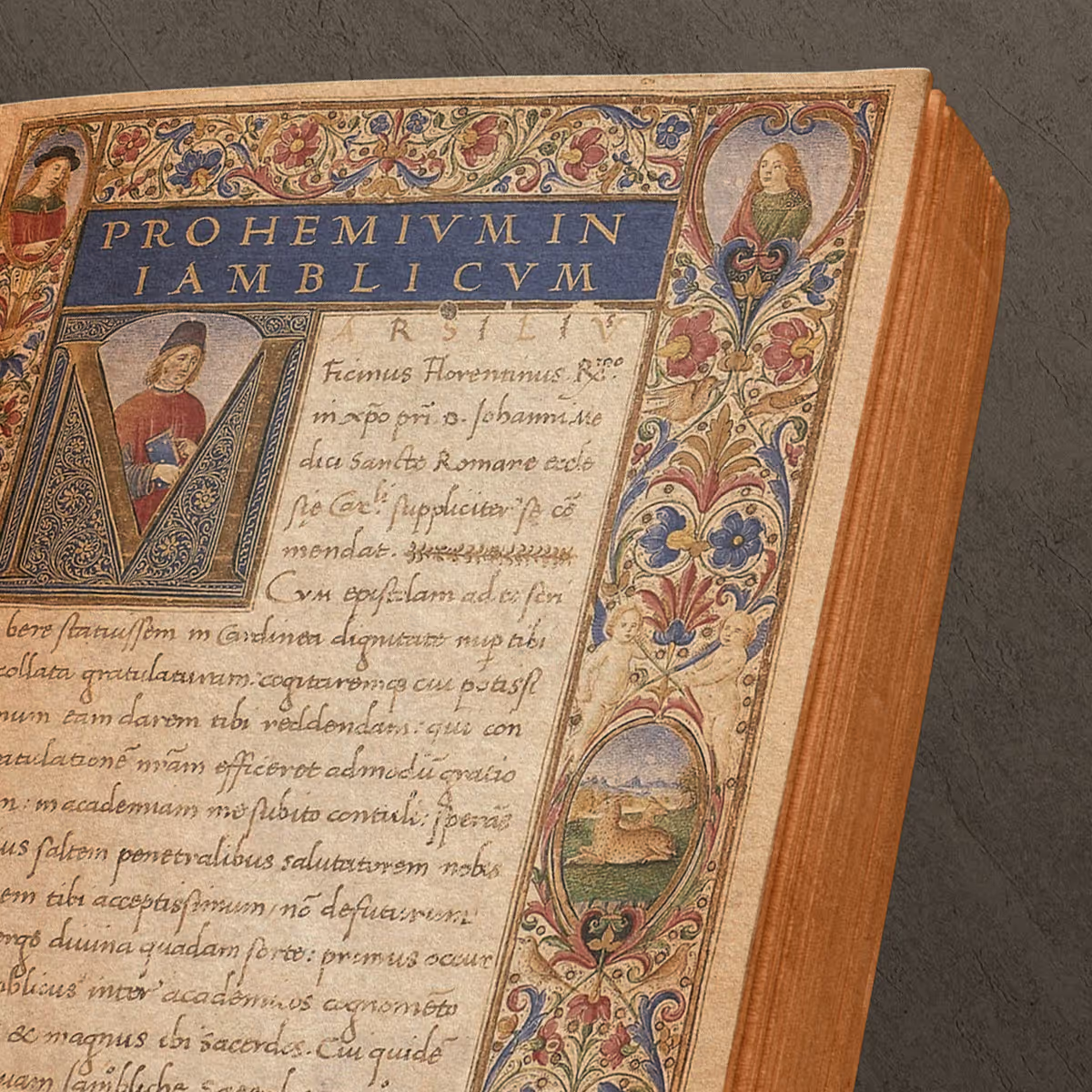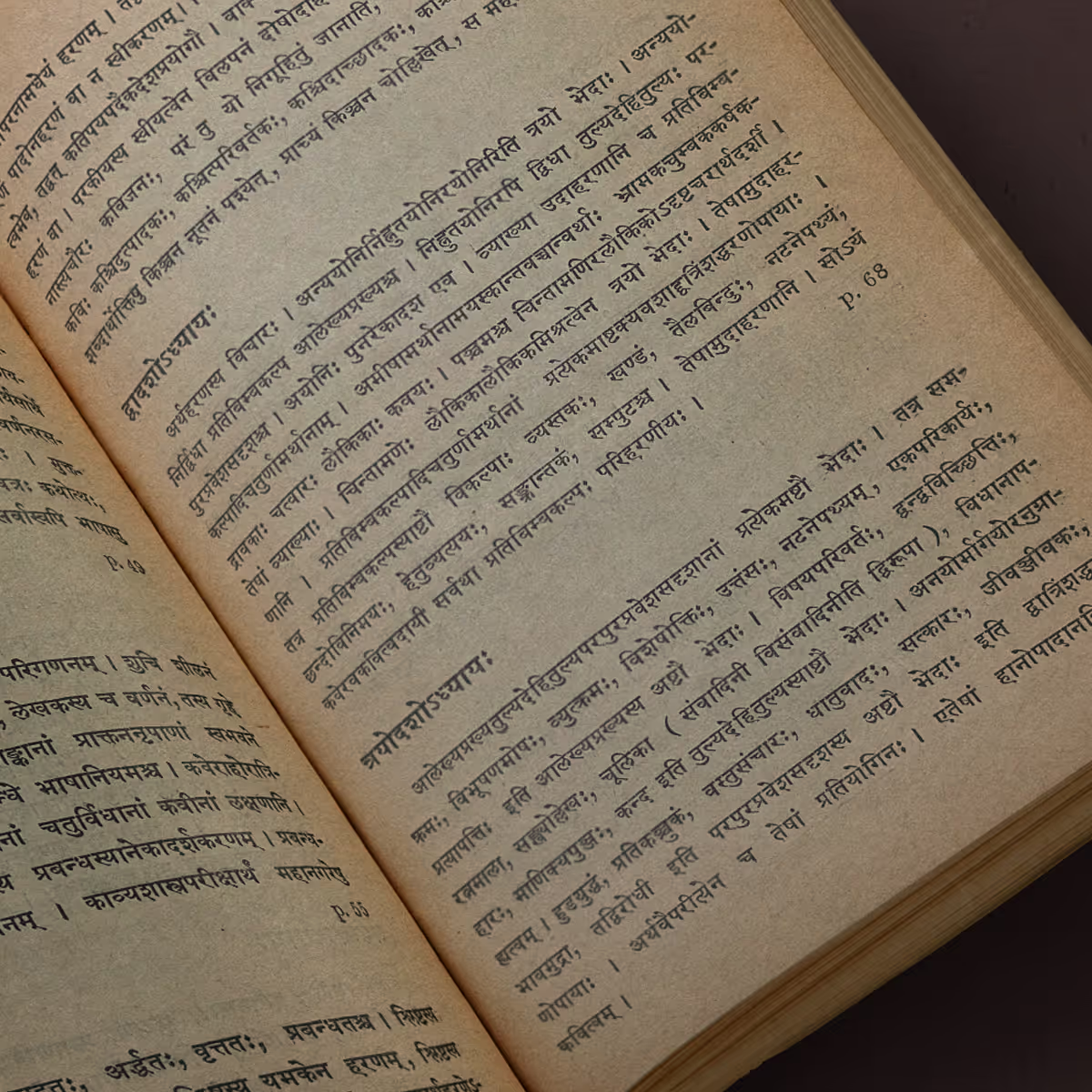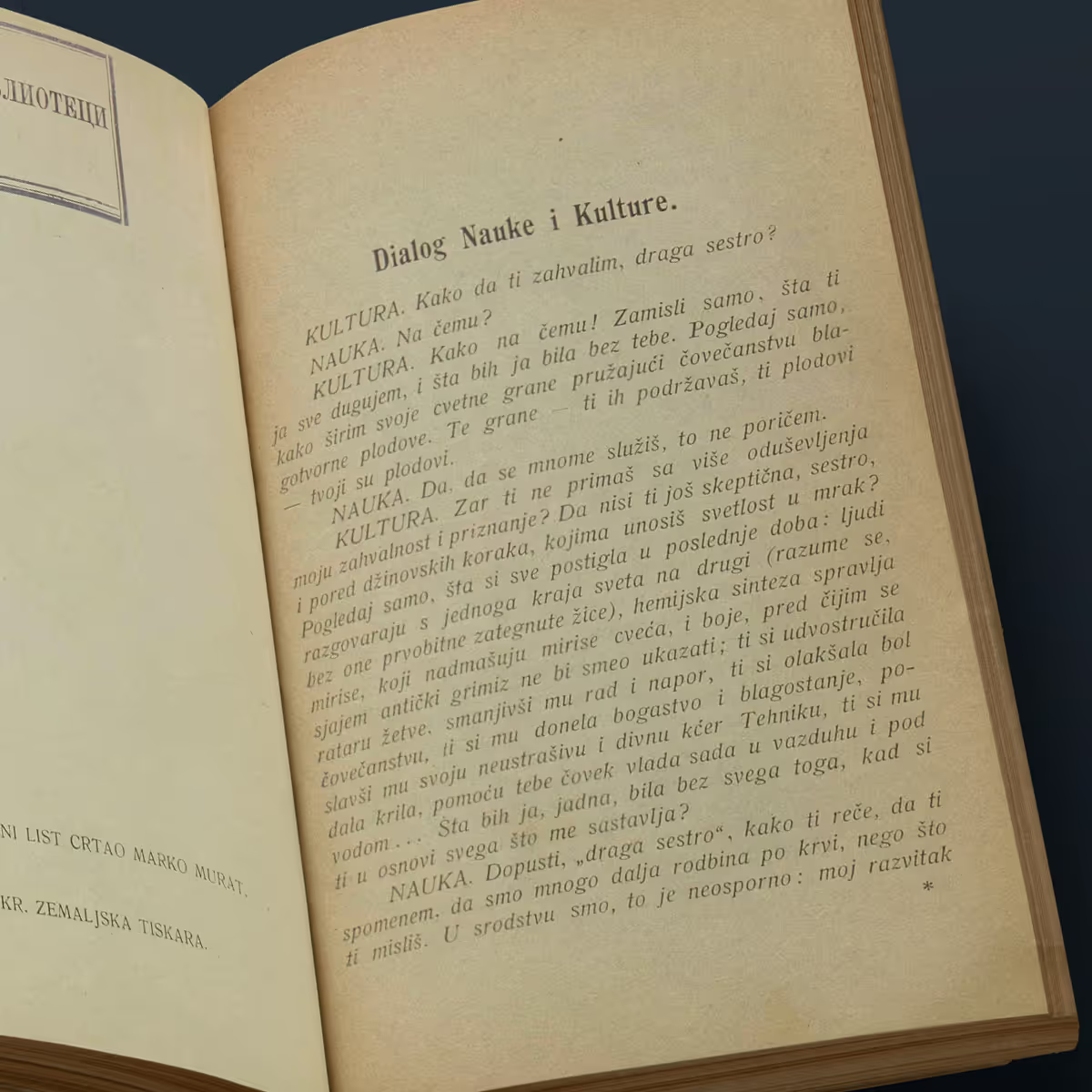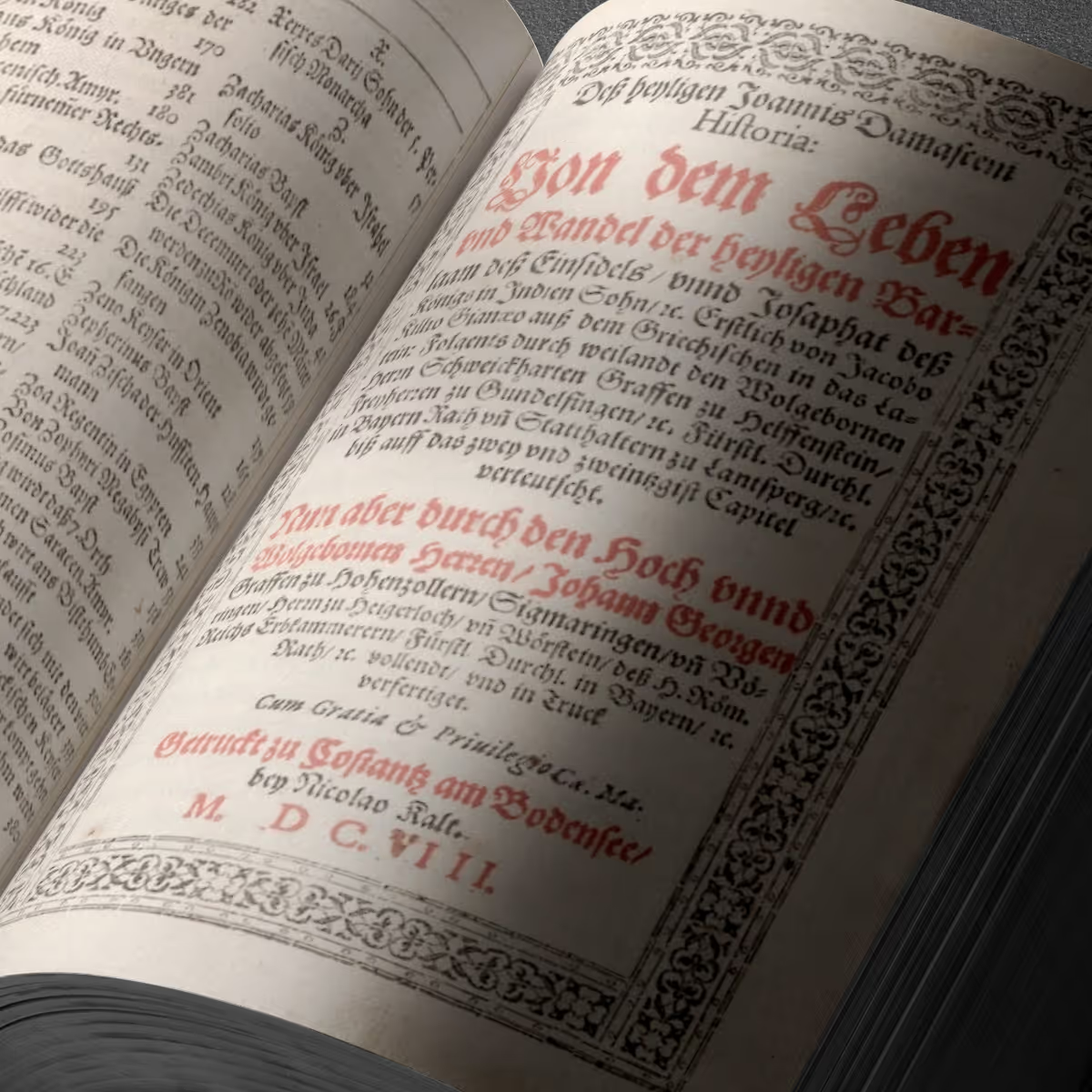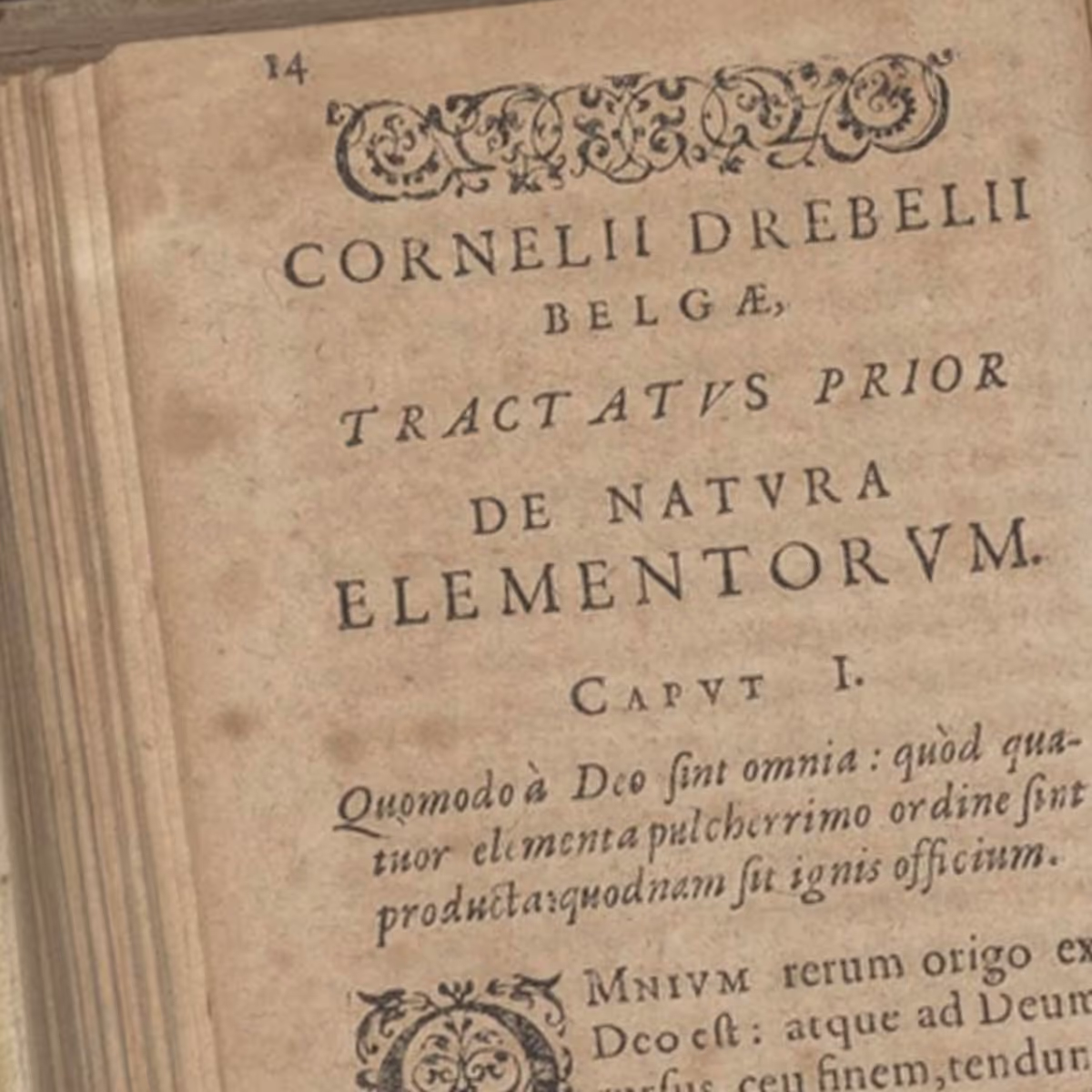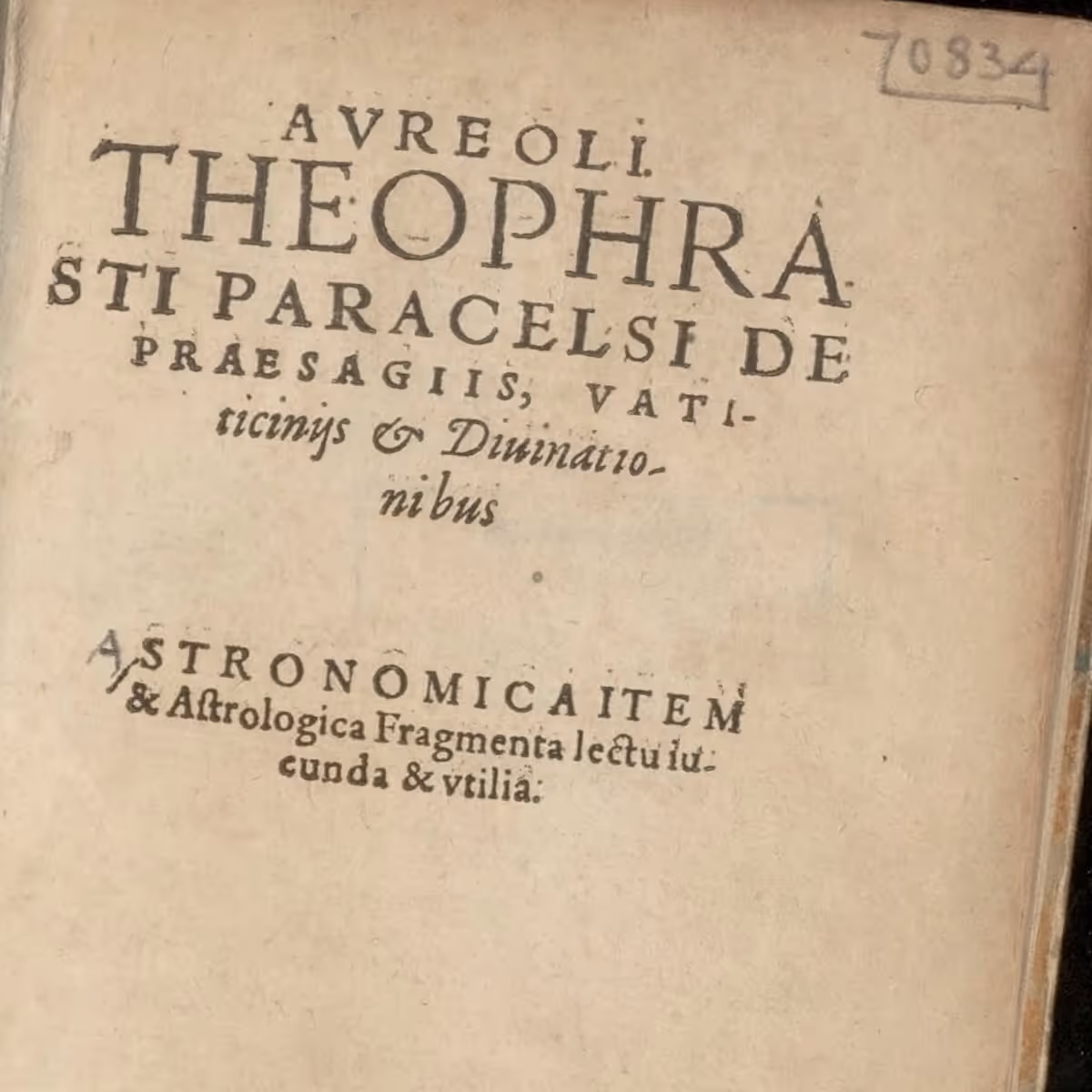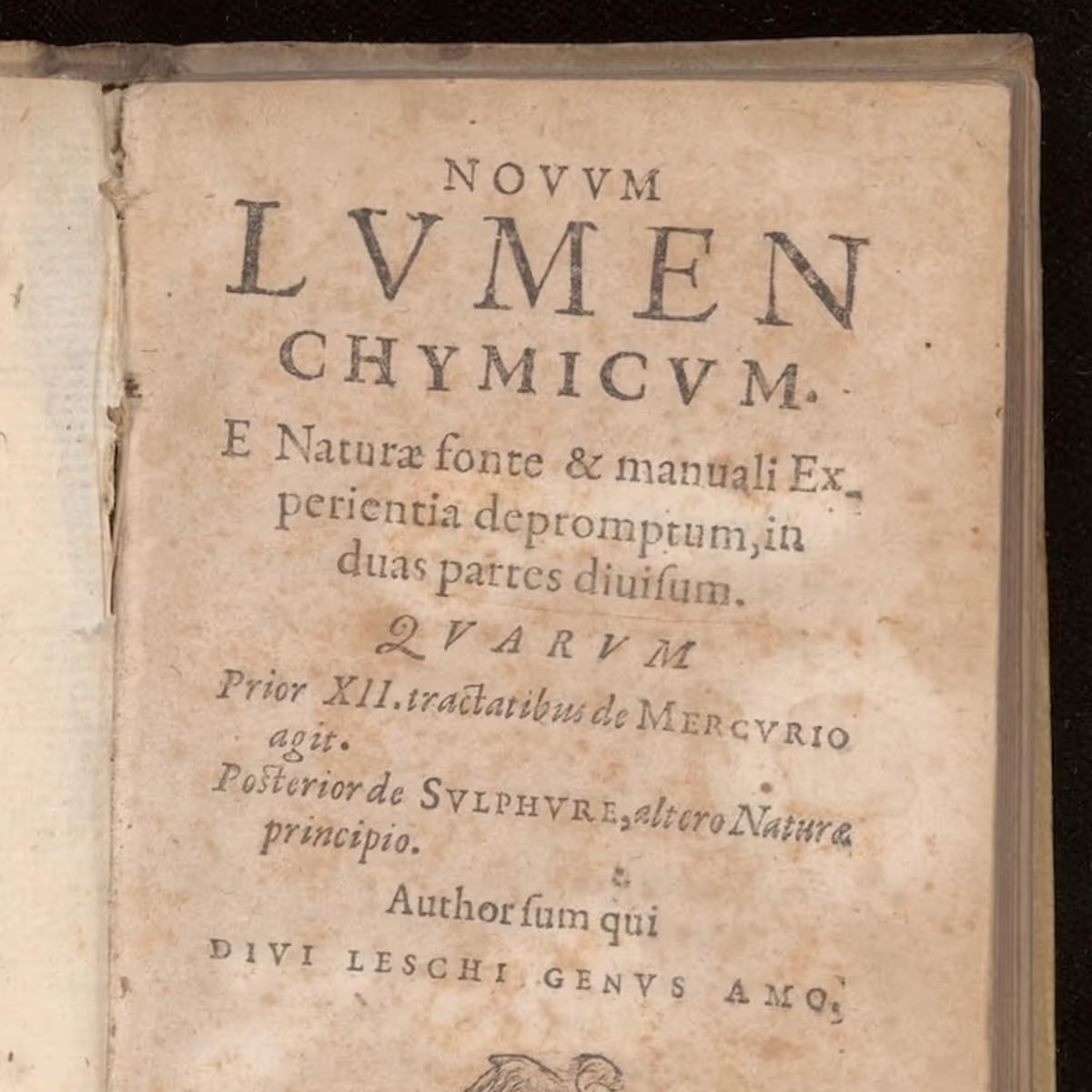How Renaissance Humanism and Digital Preservation Converge
The Ficino Society stands at a crossroads of epochs. Where once quills and candlelight guided the translation of Hermetic manuscripts, we now find ourselves in the glow of digital screens—preserving the same lineage of wisdom through new instruments of perception.
What began in the libraries of Florence and Ferrara has become a global, interconnected act of remembrance. Just as Marsilio Ficino once rendered Plato’s and Hermes Trismegistus’s words into the living Latin of his time, we now retranslate the spirit of those works into the language of data, networks, and open access.
From Hidden Libraries to the Cloud
In the fifteenth century, the Corpus Hermeticum was not merely a set of texts—it was a mirror for human thought rediscovering its own divine origin. Ficino, under the patronage of Cosimo de’ Medici, believed that recovering these works meant recovering a part of the human soul itself.
Today, the mission is not so different. The Ficino Society works to digitize, OCR, and translate thousands of manuscripts once accessible only to a handful of scholars. Each scan, each transcription, and each careful translation restores an ancient spark to the public domain—bridging centuries of silence.
The Alchemy of Access
Digital preservation is not a neutral act. It transforms not only the medium but the meaning of what it preserves. A once-obscure alchemical treatise, when rendered searchable and machine-readable, enters the collective consciousness in a new way.
“He who knows himself knows the All.”
— Corpus Hermeticum, Libellus XI
Each recovered page becomes both artifact and interface—an opportunity for collaboration between the humanist and the algorithm, the scholar and the seeker, the historian and the machine.
A Modern Patronage
Just as Ficino depended on the Medici to support his translations, modern preservation depends on digital patrons. Those who fund, share, or contribute to open archives become the new humanists—bridging human curiosity and technological power.
Your participation sustains this lineage. Whether through funding, research, or simple engagement, you are part of a centuries-long effort to keep wisdom free, searchable, and alive.
Toward a Living Archive
The dream of the Renaissance was not simply to recover lost texts—it was to recover the conditions for enlightenment. Today’s equivalent is universal access: a library without locks, a database where meaning and machine learning meet.
The Ficino Society continues this work not as a monument to the past, but as an evolving collaboration with the future. Each restored manuscript invites reflection, reinterpretation, and renewal.
Knowledge preserved is knowledge reborn.











